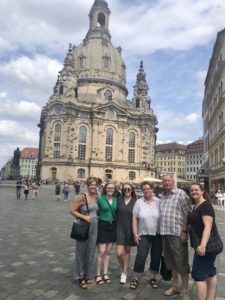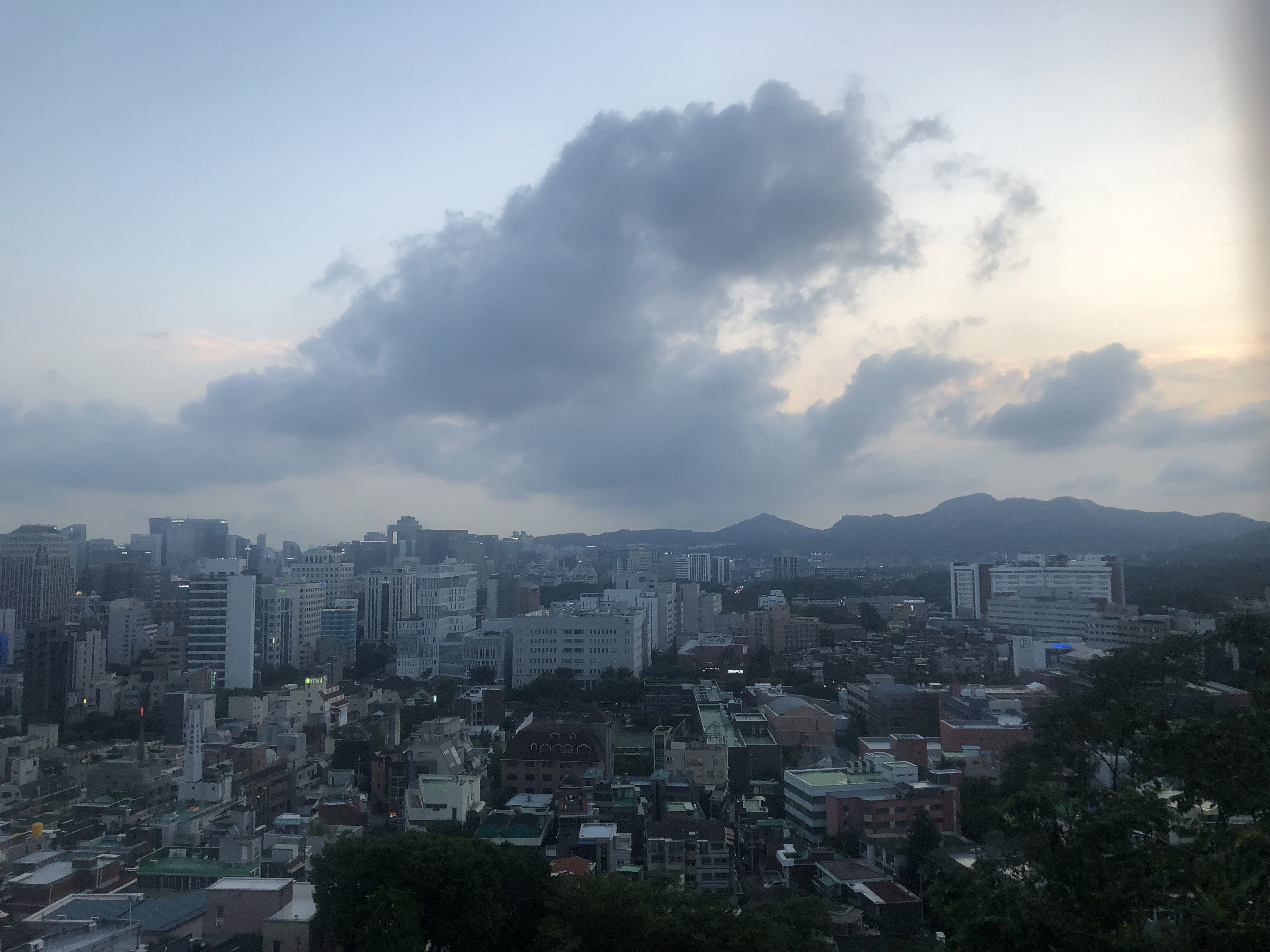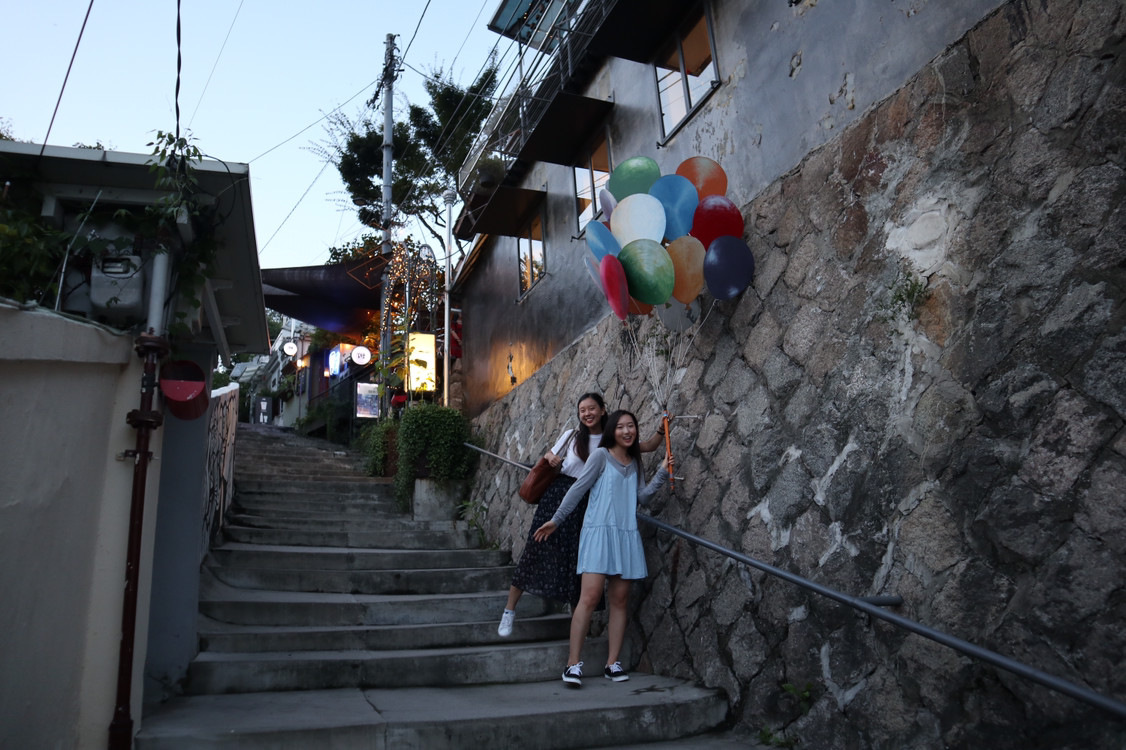It’s been a few weeks since I got back from Rome now. Living Latin in Rome was definitely unlike any other language learning experience that I’ve had. We visited almost all of the usual touristy sites (and some not as well known ones), but I think we got so much more out of every place we went than many of the other people there by using the sites and the entire city as a classroom. The spoken Latin helped me learn Latin faster than I ever have before. I had doubts about the merits of the spoken Latin movement beforehand, but I’ve been converted. With that said, I wish we had had more opportunities for it each day. Once we left the classroom, we often had to focus on learning more Italian so that we could get by in the grocery store each day and around Rome. Having to split my focus and attention between two languages was definitely not ideal, but there wasn’t much that could be done about that.
I met all three of my goals that I set for myself before I left. I can definitely hold an informal conversation in Latin now. I could always use some more practice, but I can follow a conversation pretty well now. At the beginning of the program, I was completely lost. I can also read more fluently now with much fewer pauses for parsing and looking up definitions. Having to navigate my own way around the city each day also forced me to learn the geography of the city pretty well, and I feel fairly confident in my knowledge of where the different historical sites are relative to each other.
I think the biggest change in my perspectives caused by my summer abroad is my view on the modern spoken Latin movement. I was skeptical before of its merits and usefulness, but after experiencing how quickly it improved even my reading speed and comprehension, I’m completely on board with it.
My advice for someone else applying for an SLA grant or studying languages abroad in the summer would be to immerse yourself as much as possible each day in the language. Speaking it with your roommates at home and just when you’re hanging out is extremely helpful. Any extra practice you can get helps a ton. Take every advantage of the immersive environment you can while you’re there.
I plan to continue taking Latin classes throughout college, including some non-Notre Dame classes through telepaideia. They offer online spoken Latin courses for fairly cheap throughout the school year. I won’t earn credit for it, but it will help me with my Latin. Some of the my roommates and I also talked about getting dinner once a week during the school year and speaking Latin then to keep up our practice.
A strong knowledge of Latin will be extremely helpful going forward with my interests in philosophy and theology. I even have a class this coming semester that includes Thomas Aquinas much of whose nuance and argument is easier to understand in the original Latin. I like being able to refer to the Latin when I have a question about what the author exactly means. That was helpful last semester when we got to St. Anselm’s Proslogion. I also enjoy being able to read Church documents and the writings of the Church fathers in the original Latin. I gained more reading comprehension through the SLA grant than I ever have with any other single class. The exposure I gained to different authors and eras of Latin also showed me new material that I had never heard of before. I especially liked the Renaissance Latin. This exposure showed me an abundance of Latin reading material that I never knew existed. Having gotten a small taste of so many different authors’ writing styles will definitely help decide which Latin classes to take in the future and which Latin I’ll enjoy reading just for fun in my free time.







